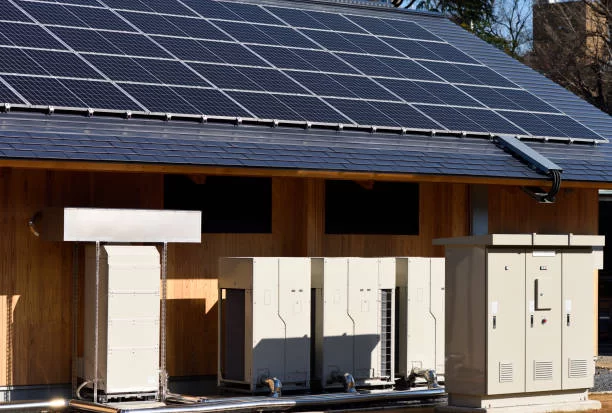About solar power bank for home
The global and local market trends of home solar battery systems have shown robust growth, largely influenced by government policies and incentives aimed at promoting renewable energy adoption. Governments worldwide have introduced various initiatives such as subsidies, tax credits, and net metering policies that incentivize homeowners to invest in solar energy solutions. These measures not only reduce the upfront costs of installation but also facilitate quicker payback periods, making solar battery systems increasingly attractive.
Moreover, advancements in technology have played a pivotal role in enhancing the cost-effectiveness, efficiency, and reliability of solar battery systems. Innovations in battery storage technologies, including the development of higher-capacity lithium-ion batteries and more efficient inverters, have significantly improved the overall performance of these systems. Higher energy densities and longer lifespans of batteries have lowered the cost per kilowatt-hour stored, making solar energy more competitive with conventional sources.
These technological advancements have not only improved the economics of solar energy but also accelerated its market penetration. As the cost of solar panels and batteries continues to decline and their efficiency improves, more households are choosing to install solar battery systems. This trend is further supported by consumer awareness of environmental issues and the desire for energy independence.

Installing a home solar battery system involves several basic steps and infrastructure requirements. Initially, homeowners need to conduct a site assessment to determine the optimal location for solar panels, considering factors such as roof orientation, shading, and local weather patterns. The installation typically includes mounting solar panels on the roof or ground, installing inverters and other electrical components, and integrating the battery storage system.
Proper maintenance and monitoring are critical to ensuring the long-term operation and performance of solar battery systems. Regular cleaning of solar panels to remove dust and debris helps maintain optimal efficiency. Additionally, monitoring battery health and performance, conducting periodic inspections, and performing software updates are essential practices to maximize system reliability and lifespan. Homeowners are encouraged to work with qualified installers and manufacturers to establish a maintenance schedule tailored to their specific system requirements.
Real-world case studies highlight the tangible benefits of installing home solar battery systems. For instance, the Johnson family in suburban Texas installed a solar battery system to reduce their reliance on the grid and stabilize their energy costs. By storing excess solar energy during the day and using it during peak evening hours, they significantly lowered their monthly electricity bills and achieved energy independence.
Different households have varying energy consumption patterns and preferences, influencing their choice of solar battery systems. Urban apartments may opt for smaller, integrated systems that fit limited space, while rural homes might prefer larger systems with greater storage capacity to manage seasonal energy variations. Understanding these diverse needs helps homeowners select the most suitable system that aligns with their energy goals and lifestyle.
Future Outlook and Recommendations
- Looking ahead, the future of home solar battery systems is promising with ongoing advancements and market expansion. Emerging technologies such as artificial intelligence (AI) for energy management, blockchain for peer-to-peer energy trading, and flexible solar panels are expected to further optimize system performance and integration. These innovations will likely drive down costs, improve system efficiency, and expand the accessibility of solar energy solutions to more households.
To further promote and popularize home solar battery systems, collaboration among governments, industries, and consumers is crucial. Governments should continue to implement supportive policies that incentivize renewable energy adoption and streamline regulatory processes. Industries can contribute by investing in research and development to innovate new products and services that meet evolving consumer demands. Consumers, in turn, should educate themselves about available technologies, leverage financial incentives, and advocate for sustainable energy practices within their communities.
By fostering cooperation and innovation, stakeholders can accelerate the transition to a cleaner, more resilient energy future powered by home solar battery systems. Together, we can harness the full potential of renewable energy sources and mitigate the impact of climate change for generations to come.
